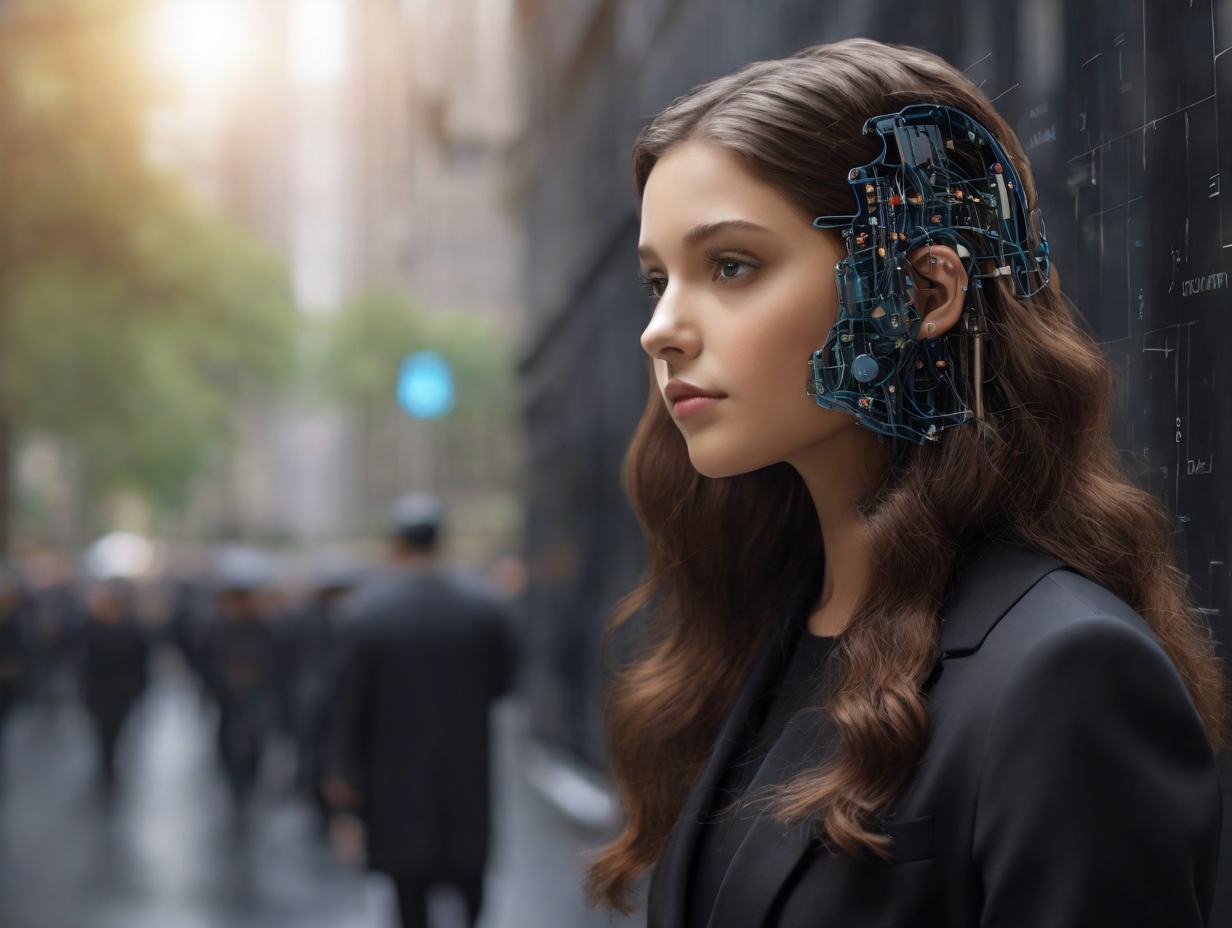In a groundbreaking development, the landscape of software development is undergoing a profound transformation with the advent of AI-assisted software development. As automation continues its pervasive influence across industries, the software development realm is not left untouched. The keyword “AI-assisted software development” has taken center stage, raising questions about the future of fundamental programming functions. This shift towards greater reliance on automation promises to revolutionize the software development process, potentially reducing human errors and allowing developers to channel their efforts towards critical aspects of their work.
ML-powered code generators and cloud-native environments
The perpetual evolution of programming tools has ascended to unparalleled zeniths through the collaborative nexus forged between industry giants MongoDB and AWS. This symbiosis has yielded an avant-garde code generator, marrying the potency of machine learning (ML) with an exhaustive training dataset of billions of lines of code. In stark deviation from conventional libraries, this cutting-edge tool provides developers with astutely accurate suggestions intricately tied to the contextual fabric of their ongoing work, optimizing temporal and intellectual resources with unprecedented precision.
What sets this paradigm-shifting code generator apart is its adept integration of ML to tap into the collective wisdom of the programming community. By doing so, it empowers coders to focus on the distinctive facets of their projects, while the automated system adeptly manages the mundane yet crucial programming functions. This revolutionary collaboration heralds a new era where efficiency meets ingenuity, propelling the programming landscape to unprecedented levels of productivity and collaborative innovation.
Real-time coding and the emergence of code companions
Operating in real-time, the ML-powered code language model takes inspiration from a developer’s natural language comments and existing code in Integrated Development Environments (IDEs). This approach enables developers to generate accurate and relevant code efficiently, ranging from snippets to comprehensive software functions. The integration of this language model into IDEs further enhances the development experience, allowing for fluid writing, editing, and modification of code. The result is a more streamlined and faster project completion process, marking a significant leap forward in the realm of software development.
The introduction of automated developers, or “Code Companions,” signifies a new era in programming efficiency. These AI-powered tools are designed to assist programmers by handling repetitive tasks and potential errors, ensuring the creation of cleaner and more accurate code. As Code Companions take over the routine aspects of coding, developers can redirect their focus towards creative problem-solving and innovation. This symbiotic relationship between human developers and AI companions promises increased overall productivity and efficiency in the software development landscape.
The renaissance of possibilities with AI-assisted software development
In the ever-evolving landscape of technology, the adoption of automation for software development becomes not just a choice but a strategic move. As companies embrace AI-assisted software development, they position themselves for a competitive advantage in a rapidly changing tech sector. The benefits are clear—accelerated development processes, minimized human errors, and enhanced efficiency. This transformative shift not only redefines the role of developers but also sparks a new era of innovation, where human creativity converges with AI prowess to push the boundaries of what’s possible. The question now becomes: How will this symbiotic relationship reshape the future of software development, and what new frontiers will AI-assisted automation open for developers and businesses alike?





